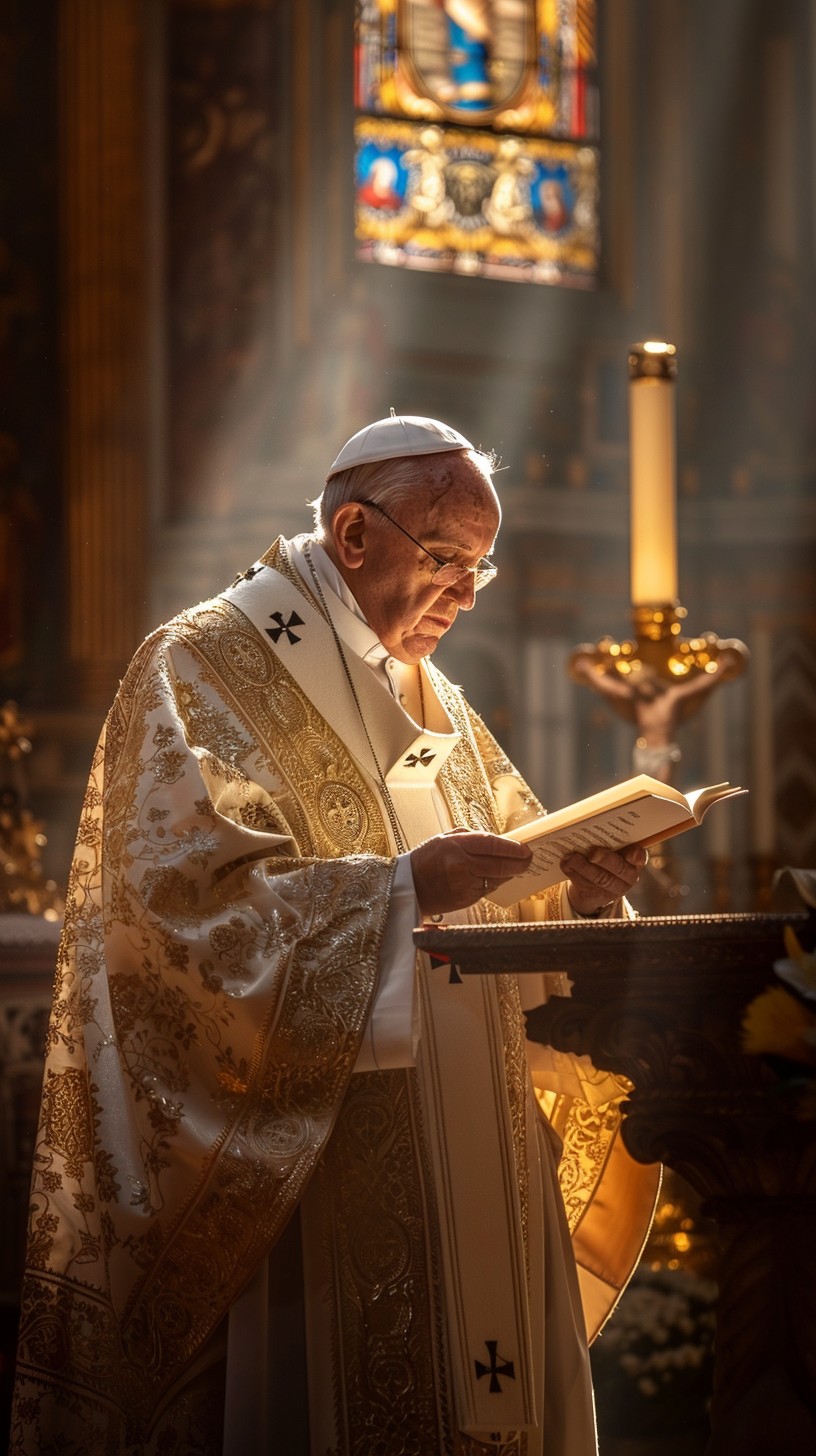As you embark on the journey of planning your dream wedding, one of the most crucial decisions you’ll make is selecting the right officiant. This individual will play a pivotal role in guiding you through the sacred ceremony, ensuring that your vows are exchanged with reverence and authenticity. Whether you envision a traditional religious service or a more secular celebration, the officiant you choose will shape the tone and atmosphere of your special day and handle any objection situations. The role of a wedding officiant is multifaceted. They are not only responsible for legally solemnizing your union but also for crafting a ceremony that reflects your unique love story and personal beliefs. From guiding you through the exchanging of vows to offering words of wisdom and blessings, the officiant serves as the conductor of this momentous occasion, ensuring that every moment is filled with meaning and significance.
Importance of Choosing the Right Officiant
Selecting the right officiant is a decision that should not be taken lightly. This individual will be the central figure in one of the most pivotal moments of your life, and their words and presence will leave an indelible mark on your memories. Choosing an officiant who aligns with your values, beliefs, and vision for your ceremony is crucial in creating a truly meaningful and authentic experience. A well-chosen officiant can elevate your ceremony to new heights, infusing it with a sense of spirituality, warmth, and personal connection. Conversely, an ill-suited officiant may leave you feeling disconnected or dissatisfied, potentially diminishing the significance of this once-in-a-lifetime event. It is essential to approach this decision with care and thoughtfulness, ensuring that the person you entrust with this sacred responsibility aligns with your vision and values.
Differences Between a Celebrant, Priest, Minister, and Officiant
As you embark on your search for the perfect officiant, it’s essential to understand the nuances between the various types of officiants available. Each type brings a unique perspective and set of qualifications to the table, and understanding their distinctions will help you make an informed decision.
- Celebrant: A celebrant is a non-religious officiant who specializes in crafting personalized ceremonies that reflect the couple’s unique beliefs, values, and love story. Celebrants are often sought after by couples who desire a more secular or non-traditional ceremony, as they offer flexibility and creativity in their approach.
- Priest. A priest is a religious leader within a specific faith tradition, such as Catholicism, Protestantism, or Orthodox Christianity. Priests are ordained and authorized to perform religious ceremonies, including weddings, within their respective denominations. Choosing a priest as your officiant ensures a ceremony steeped in religious tradition and doctrine.
- Minister: A minister is a religious leader within a particular faith community, such as Christianity, Judaism, or Islam. Ministers may be ordained or licensed to perform religious ceremonies, including weddings. They often offer a more flexible approach than priests, allowing for the incorporation of personal elements while adhering to the tenets of their faith.
- Officiant: An officiant is a broad term that encompasses various types of individuals authorized to legally solemnize a wedding. This can include celebrants, priests, ministers, judges, justices of the peace, and other civil authorities, depending on the laws and regulations of your state.


Leave a Reply